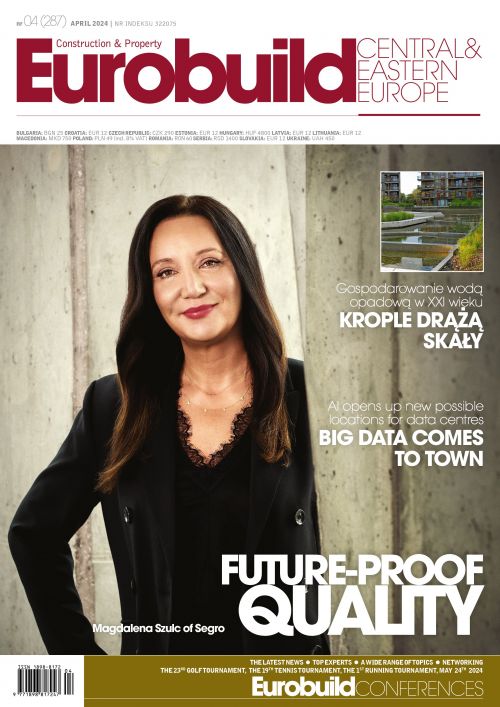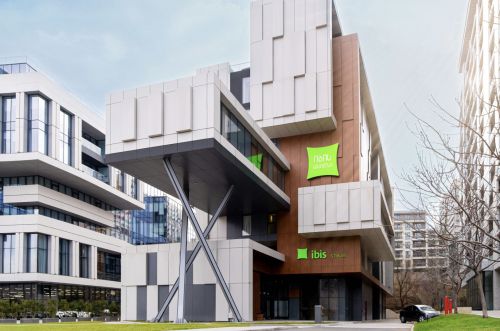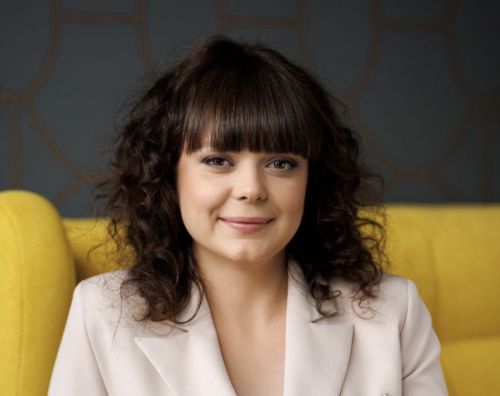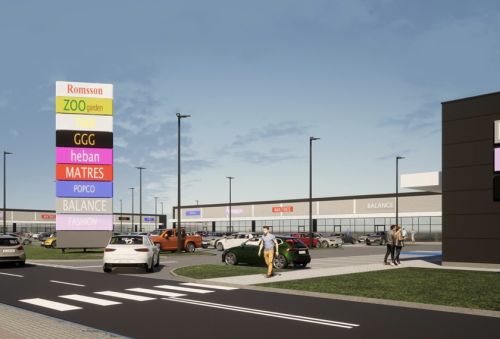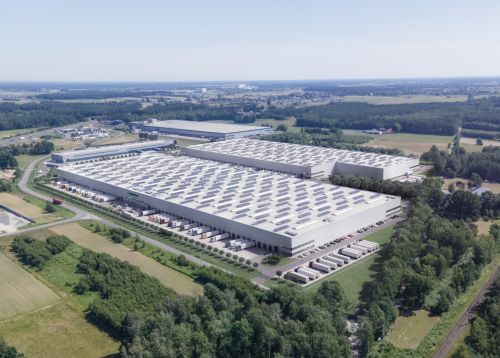Tomasz Cudowski, ‘Eurobuild CEE’: Let’s start with your company’s latest purchase. What are you going to build on the several hectares purchased in Warsaw’s Bielany district? I’ve heard there’s even been talk of a data centre.
Magdalena Szulc, the managing director of Segro, Poland and the Czech Republic: To begin with, let’s start with the fact that our plot lies within the city limits, which also means that a lot more work is required to prepare the project. Currently, we are at the stage of finalising the environmental decision and dealing with the communications and the infrastructure – and that’s probably going to take us a few more months. We are planning to build an urban warehouse centre, but we’re also in negotiations with companies that specialise in data centres. They’ve been showing a lot of interest in this location, so we hope that they are going to join the list of our customers.
Aren’t big projects like this risky for developers these day




























